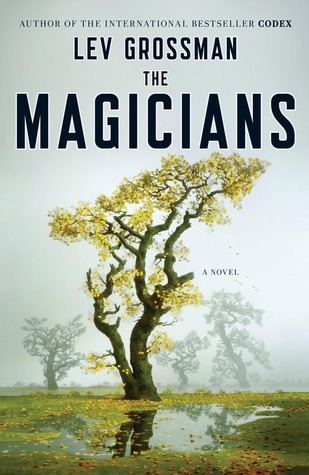Recently, I had the opportunity to see a regional production of The Little Mermaid by the Pittsburgh Civic Light Opera. While I had remembered the reviews of the Broadway production being fairly awful, the local newspapers here were raving about our production, which was in conjunction with Paper Mill Playhouse and Kansas City Starlight Theatre (where the show is finishing its run now). Being both a Disney fan and a fairy tale reader, I decided to go and am quite glad I did.
Obviously, since this was the Disney version of the The Little Mermaid, it contained all of the songs from the 1989 film, as well as new ones penned by Alan Menken and Glenn Slater. Ursula's backstory was considerably more fleshed out than it was in the film (here she is Triton's misfit older sister), although the plot thread involving her transformation into Vanessa and subsequent luring of Eric was removed, likely to keep the focus on Ariel. Also, there was no epic fight scene at the climax, but given how difficult that would have been to stage, I'm not surprised.
Ariel is presented more as the black sheep of her family here, so her interest in all artifacts human and desire to leave the Merkingdom are more understandable. Thankfully, Eric also gets some much needed character injected into him, becoming a reluctant king who is more comfortable living the sailor's life.
Of the new songs penned for the stage production, I most enjoyed Eric's solo, "Her Voice," and the lovely "If Only" sung in four overlapping parts by Ariel, Eric, Sebastian, and Triton. Ursula's new song, "Daddy's Little Angel" was also somewhat entertaining.
While the swimming in the original Broadway production was portrayed with skates, this production implemented wire work and choreography to mimic the movements of creatures underwater. I haven't seen the skate version, but just having read about it, it seems to me that the new production's idea worked better.
Although the singing contest could have been elaborated upon, and at my particular performance we had Ursula's understudy, it was a fun production for all ages with the proper amount of Disney spectacle. I'd recommend going if anyone happens to be in Kansas City this week.
Obviously, since this was the Disney version of the The Little Mermaid, it contained all of the songs from the 1989 film, as well as new ones penned by Alan Menken and Glenn Slater. Ursula's backstory was considerably more fleshed out than it was in the film (here she is Triton's misfit older sister), although the plot thread involving her transformation into Vanessa and subsequent luring of Eric was removed, likely to keep the focus on Ariel. Also, there was no epic fight scene at the climax, but given how difficult that would have been to stage, I'm not surprised.
Ariel is presented more as the black sheep of her family here, so her interest in all artifacts human and desire to leave the Merkingdom are more understandable. Thankfully, Eric also gets some much needed character injected into him, becoming a reluctant king who is more comfortable living the sailor's life.
Of the new songs penned for the stage production, I most enjoyed Eric's solo, "Her Voice," and the lovely "If Only" sung in four overlapping parts by Ariel, Eric, Sebastian, and Triton. Ursula's new song, "Daddy's Little Angel" was also somewhat entertaining.
While the swimming in the original Broadway production was portrayed with skates, this production implemented wire work and choreography to mimic the movements of creatures underwater. I haven't seen the skate version, but just having read about it, it seems to me that the new production's idea worked better.
Although the singing contest could have been elaborated upon, and at my particular performance we had Ursula's understudy, it was a fun production for all ages with the proper amount of Disney spectacle. I'd recommend going if anyone happens to be in Kansas City this week.

